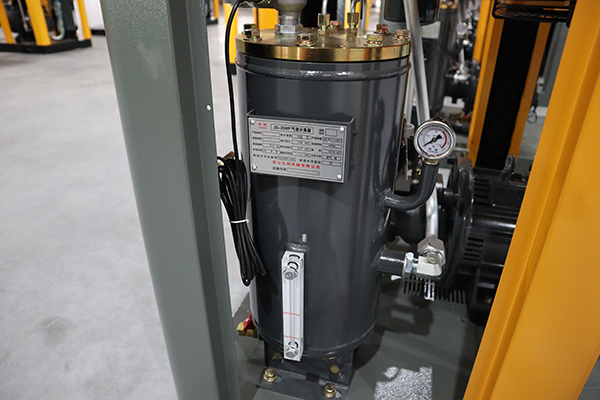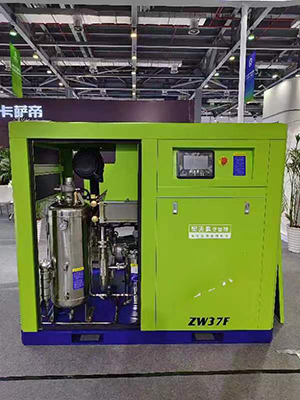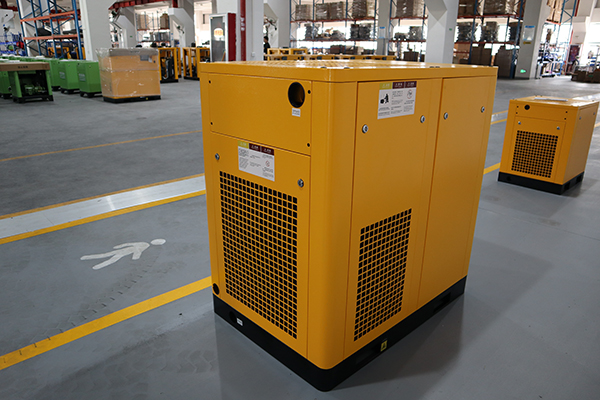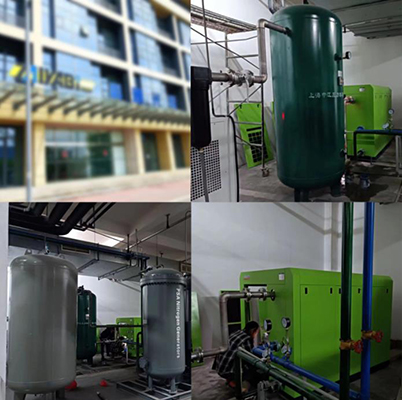normal pressure air compressor for woodworking workshops to power sanders and drills
News 2025-10-24
In woodworking workshops, the need for precise and efficient tools drives operational success. Normal pressure air compressors provide a reliable source of compressed air at around 100-150 psi, making them ideal for powering pneumatic sanders and drills. This setup allows for consistent performance, reducing tool wear and enhancing finish quality on various wood types. By leveraging air power, woodworkers can achieve faster cycle times and better control, which are crucial for both small-scale crafts and larger production runs.

Applications in Woodworking Workshops
Normal pressure air compressors are versatile in woodworking settings, particularly for tasks involving surface preparation and fastening. For sanding, they deliver steady airflow to random orbital sanders, ensuring uniform material removal without surface defects. In drilling operations, these compressors supply the necessary torque for high-speed bits to penetrate hardwoods efficiently, supporting applications like joinery and dowel insertion. They also facilitate the use of air-powered nail guns for assembly, streamlining workflows in furniture manufacturing and custom carpentry.
Performance Advantages
These compressors offer significant benefits in terms of operational efficiency and tool longevity. Their design supports consistent air delivery, which minimizes fluctuations that could affect tool precision during extended use. Compared to electric alternatives, they provide higher torque output with lower energy consumption, leading to cost savings over time. Additionally, the compact and mobile nature of many models allows easy integration into space-constrained workshops, while their robust construction ensures they handle demanding conditions with minimal downtime.
Importance in Industrial Processes
In industrial woodworking, normal pressure air compressors play a pivotal role in maintaining process integrity and scalability. They enable precise pressure control, which is essential for achieving high-quality results and reducing errors in automated systems. By powering multiple tools simultaneously, they enhance throughput and support lean manufacturing principles. Moreover, their contribution to safety cannot be overstated, as they reduce the risk of electrical hazards and overheating, making them a cornerstone for efficient and safe industrial operations.


